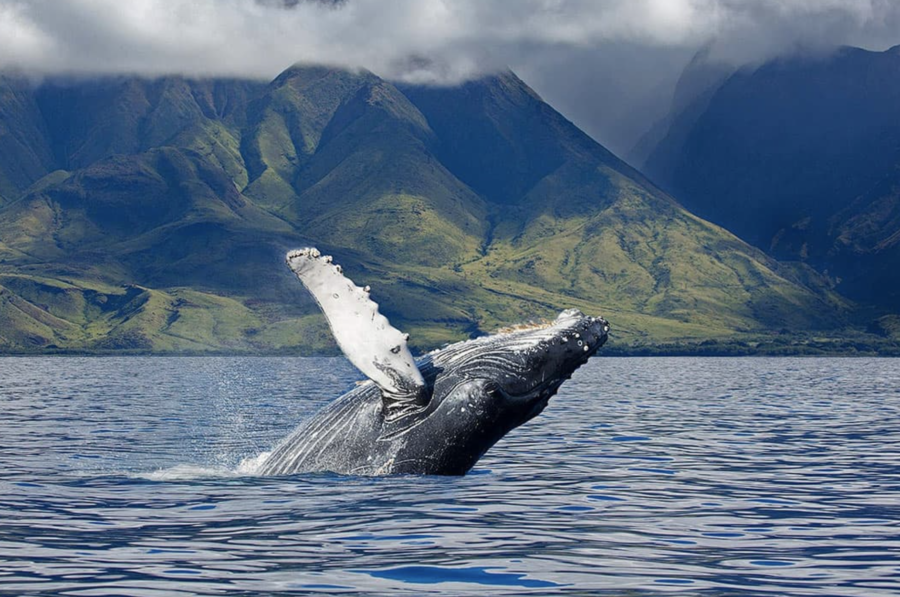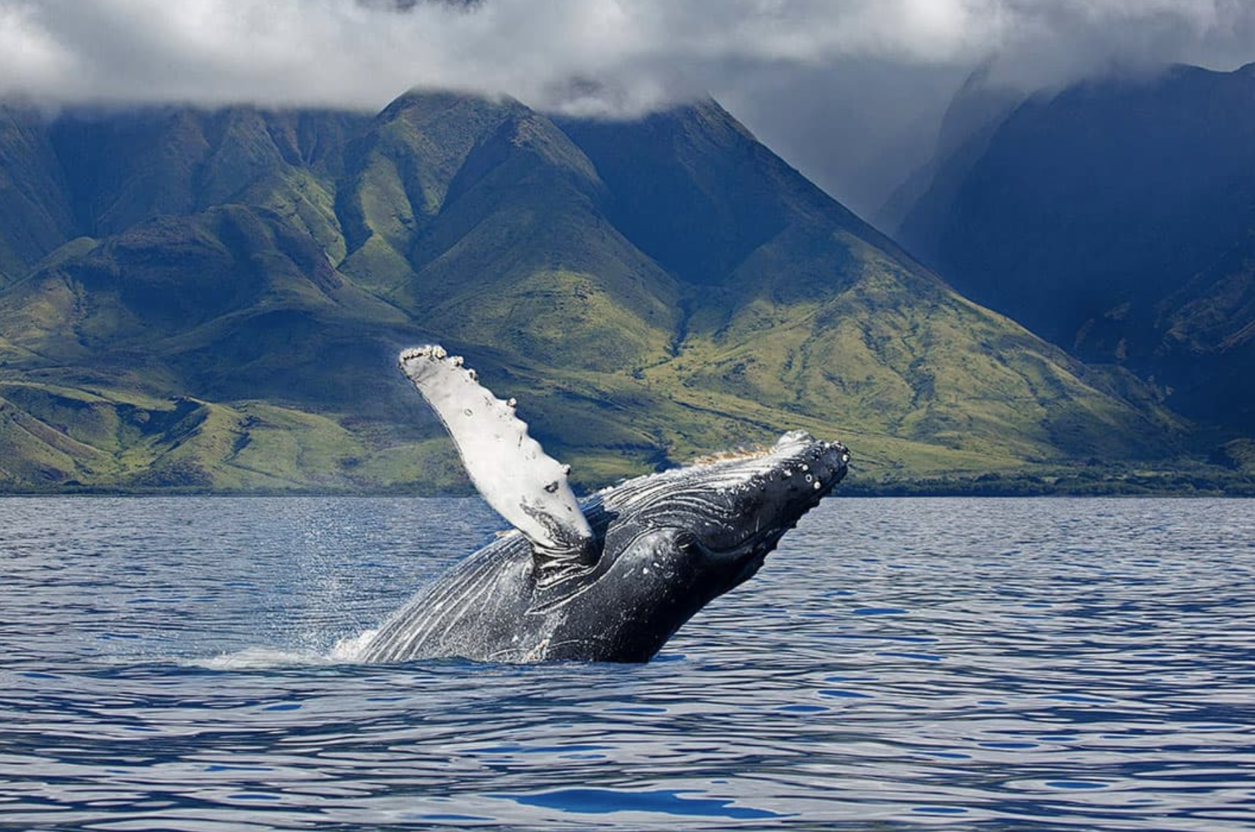
Ever had the dream of going to see the whales in Los Angeles? Maybe you grew up in a place where there were whales, or maybe your dream is fueled by the many adventures of Becky Bloomwood. Like everything in life, there is always a specific time to go whale watching. In this blog, we will talk about what you should know and when you should go to watch those big beautiful creatures.
When is the whale watching season?
The Los Angeles whale watching season is from mid-May to mid-September. During this time, whales migrate to the coast for mating and calving. The best times for whale watching are in June and July when the baby whales are very active and playful.
The peak of whale watching season is in August when hundreds of humpback whales gather around the coastline to mate and give birth. It is also a good time to see dolphins, sea lions, and other marine life such as octopuses.
During winter months, these magnificent creatures migrate south for food so it’s harder to spot them but you can still have a great time looking at them through binoculars or telescopes!
What to look for during whale watching seasons?
It’s that time of year again when the whales begin to show up in the waters of Cape Cod.
Whale watchers are starting to see more and more whales each year as their numbers continue to increase. There are more than 100 species of whales and dolphins in the world, so chances are there will be plenty out there for you to see.
Here’s what to look for during whale watching season:
- The best time to go whale watching is from May through November. Some species like humpback whales may stay until December, but it’s critical that you go out on a clear day with smooth seas and good visibility so you don’t miss any sightings!
- Look for spouts or blowholes on top of the water. Sometimes these are difficult to spot in the distance, especially if they’re far away or if it’s foggy out. The blows from their blowholes can also be seen from a distance. If you are lucky enough, then you can even see them breaching out of the water!
- Listen for sounds coming from below the water — they can often be heard even before you see them!
How to plan a whale watching tour?
Planning ahead is important if you want to go on a whale-watching tour. You will need time off from work or school so that you can enjoy your trip without having to worry about other things back home. Also, make sure that you budget enough money for your trip so that you don’t run into any problems along the way. You should also consider how long it takes to get there because some places may be difficult or expensive to reach by plane or boat depending on where they are located.
Conclusion
As you can see, there is more to consider than just the day of the week when planning a trip to go whale watching. When planning a trip, be sure to give yourself plenty of time to get there and make the most of your vacation. For example, you may opt to visit on a Friday rather than a Sunday if it means that you will have an extra day after your trip to relax or explore other places in the area.
____________________________________

















